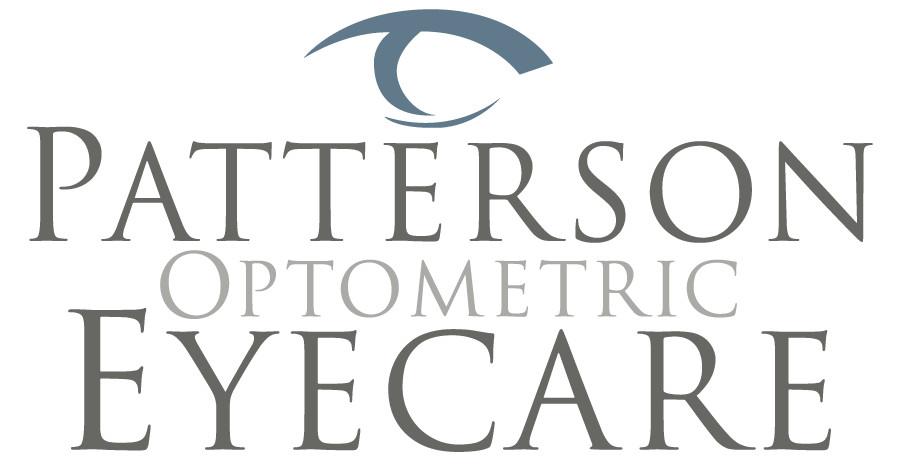Dr. Steven C. Hayes is a Professor in the Department of Psychology at the University of Nevada. An author of 45 books and over 600 scientific articles, his career has focused on an analysis of the nature of human language and cognition and the application of this to the understanding and alleviation of human suffering. He is also the developer of Relational Frame Theory (RFT) and has guided its extension to Acceptance and Commitment Therapy (ACT), a popular evidence-based form of psychotherapy that uses mindfulness, acceptance, and values-based methods. There are now about 3,300 scientific studies on this work (including over 310 randomized controlled trials) and a worldwide association of over 8,000 professionals actively developing it.
His popular book Get Out of Your Mind and Into Your Life was featured in Time Magazine and for a time, was the number one best-selling self-help book in the United States.
Hayes has been listed as the 30th “highest impact” psychologist in the world and ranks among the most cited scholars in the world. His latest book is A Liberated Mind: How to Pivot Toward What Matters which Dr. Hayes describes as a “think book / self-help book / personal story / science story and shows why psychological flexibility matters.”
This volume is described as a “landmark book” written by “the originator and pioneering researcher of Acceptance and Commitment Therapy (ACT)” and “lays out the psychological flexibility skills that make it one of the most powerful approaches research has yet to offer. These strategies have been shown to help even where others have failed. Science reveals that they are useful in virtually every area – mental health, physical health, social challenges and performance.”
From the book we learn the key to mental peace and healthy relationships is psychological flexibility. “We struggle because the problem-solving mind tells us to run from what causes us fear and hurt. But we hurt where we care. If we run from a sense of vulnerability, we must also run from what we most value. By learning how to liberate ourselves, we can live with meaning and purpose, right along with pain when there is pain. This seemingly simple approach goes against our instincts and mental programming, but ACT’s flexibility skills counter our unhelpful tendencies. These skills include noticing our thoughts with curiosity; opening to our emotions; attending to what is in the present; understanding the art of perspective-taking; discovering our deepest values; and building habits based on what we deeply want.”












